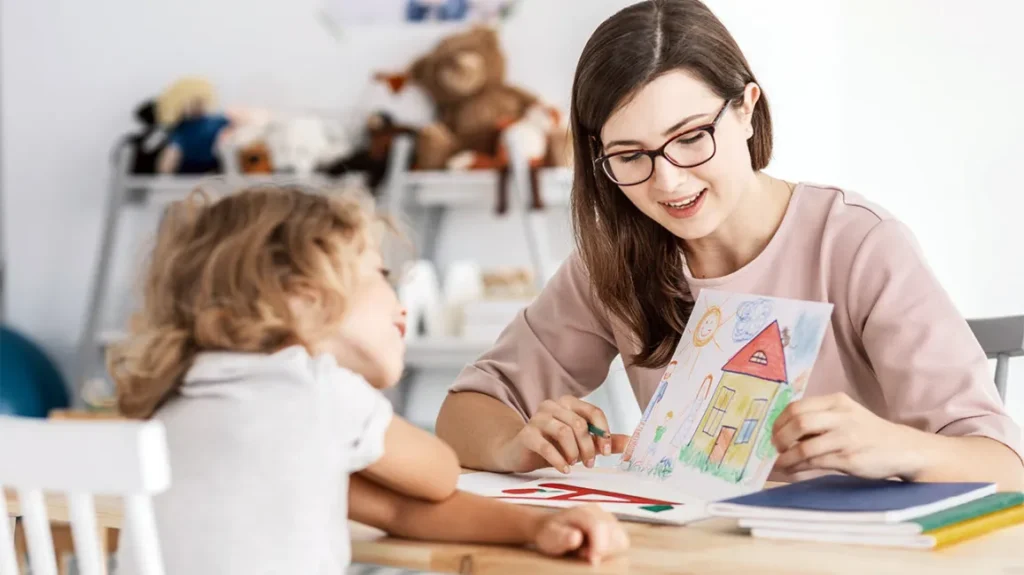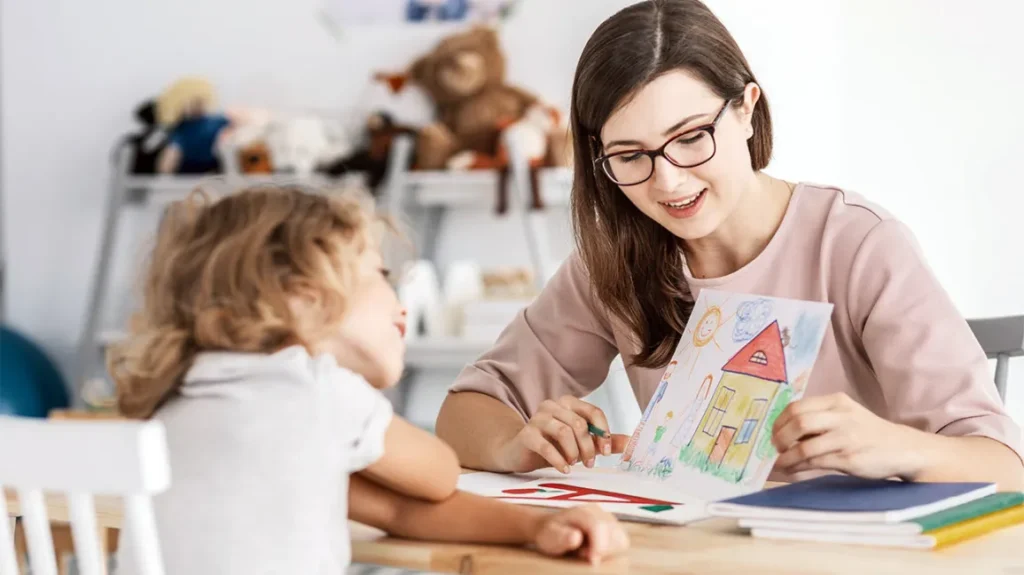The benefits of students receiving therapy at school often include improved self-esteem, access to care, less interruption in learning, increased quality of everyday life and relationships, strengthening the use of their emotions, and increased self-awareness. https://georgetownsuncryo.com/
[current_date]

It’s been a crazy year. School closures and the COVID-19 crisis have only amplified stress for students. Even before the crisis, rates of adolescent depression and anxiety were rising like never before. Students are feeling isolated and under pressure. They need someone to talk to and skills to manage those feelings before they become debilitating.
Therapy is a place where students can discuss those feelings with a licensed professional who’s impartial. It’s where students can feel safe to express themselves openly and honestly with someone who is trained to help them. Just as you’d send a student to the nurse for physical ailments, you can send them to a therapist for mental health challenges. Services like Gaggle Therapy can provide that help by matching students with therapists for weekly video sessions.
There are so many benefits to therapy. Here are some positive outcomes you can expect after students start attending sessions regularly:
- Effective Communication
Each time students meet with their therapist, they spend time talking about themselves and engaging with someone one-on-one about their personal thoughts and feelings. Their therapist helps them develop a vocabulary and imparts skills to communicate those thoughts and feelings with others. Students who participate in therapy are taking time each week to practice their newfound communication skills, which leads to better communication outside of sessions too. - Stronger Relationships
After participating in therapy, students are able to form stronger bonds than they were before. Some of this is related to their newfound communication skills outlined above. Therapy also allows students to workshop conflict management and encourages them to create healthier bonds and boundaries with those around them. It also helps students identify healthy behaviors in others. Whether it’s peer to peer, familial, or school-based, students can thrive in their relationships after learning crucial collaboration and communication skills from their time in therapy. - Better Self-Management
Before starting therapy, students may not know how to identify and regulate their emotions. In therapy, emotional intelligence is nurtured. Students can work with their therapists to identify their feelings and learn coping skills to be able to work through challenges when they arise. When students develop this self-awareness, they can manage their emotions in a healthy way. - Improved Academic Performance
It’s true: When students feel better mentally, their academic performance improves. Students who participate in therapy designate time to work through their struggles each week, freeing up their cognitive load for academics. Instances of anxiety and depression can lead students to struggle with the ability to focus, loss of motivation, and lack of interest in school. Therapy is an excellent tool for managing these mental health challenges, and alleviating some of these symptoms for students. Additionally, students learning communication skills and self-management in therapy makes learning in a classroom environment easier. - Less Classroom Behavioral Challenges
Symptoms of mental health struggles often present as anger in children and adolescents. When students have angry outbursts or act out in class, it’s often a cry for help. Getting those students the support they need can reduce these behavioral challenges. In addition to receiving treatment for any underlying mental health struggles, students can learn effective communication, build stronger relationships, and engage in self-management in therapy, creating less friction for classroom management and mitigating behavioral challenges.
Students need ongoing support as they grapple with the mental health challenges that are amplified with everything going on today. They need support from educators who can identify their struggles and encourage them to get the help they need. It’s clear that the benefits of student therapy can improve students’ well-being, leading them to be more successful in school and in life.
